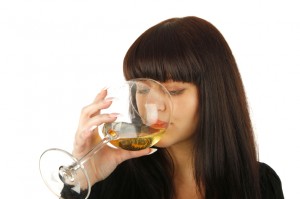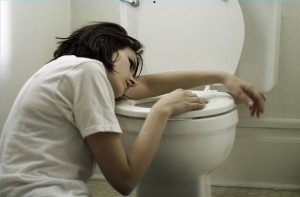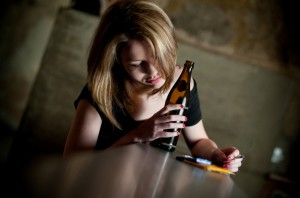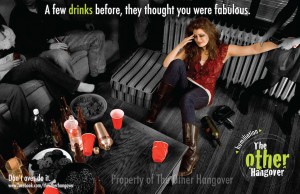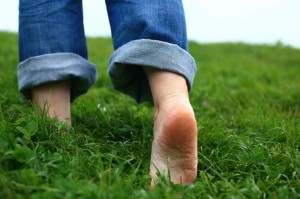Alcohol is portrayed by the media and other outlets as being part of a fun filled time either in the VIP section of a club or maybe even at an outdoor beach party with the hottest bikini clad women of all time. The truth is while alcohol may make some events a bit more, “boisterous” if you will; it can actually end up ruining a lot of things that would have been way better off without its intoxicating effects.
One of the biggest things alcohol is great at ruining is relationships. Many people find that when one or both partners are drinking things that they never expected or have experienced in their relationship begin to happen. Many times alcohol is the only thing standing in the way of a healthy relationship; its alcohol causing relationship problems.
So is alcohol ruining your relationship?
If you think there is chance its alcohol causing relationship problems for you then first off, let us say, stop drinking. You encounter conflict in your relationship without alcohol’s bitter haze. If you are in a good relationship you are able to work things out with your partner with open communication and open minded conversation no matter how big and serious the conflict is. However, conflict caused by alcohol has some serious negative outcomes. When alcohol is flowing freely, it begins causing relationship problems by doing a few things. Alcohol causes relationship problems by:
- Changing our perception
- Turning a meaningless look or statement into a catastrophic event
- Causes jealousy and paranoia
- Arguing when drunk
- Breaking up several time when under the influence of alcohol
- Physical or emotional abuse toward or from your partner
- Infidelity
Alcohol causing relationship problems and just making things worse
Alcohol causing relationship problems is not a new thing. And most of the time people in relationships know the alcohol is causing the relationship problems by covering up many underlying issues either personal or having to do with the relationship. Both people may use the excuse of being drunk to act out or to open up about relationship problems. And quite obviously this is not the best way to approach these issues because alcohol impairs your judgment. Not being able to see the situation clearly will make any relationship problems impossible to solve and may in fact just make them much worse than they were to begin with.
Alcohol causing relationship problems: A solution
If you find alcohol causing relationship problems in your life then you should find a way to approach the problem; a solution. Here are some suggestions if you have realized alcohol causing relationship problems in your life.
•Eliminate alcohol, especially when there is tension between you and your significant other. Adding alcohol will just be adding fuel to the fire.
•If you have had unresolved issues recently, try to work them out sober. You may want to take some time away from the subject before revisiting it.
•If your partner has been drinking and is trying to get a rise out of you or start an argument, don’t fall for the trap. Let them talk all the nonsense out. In the end you can’t reason with an intoxicated person.
Is alcohol causing relationship problems? It may be time to get help.
If you notice alcohol causing relationship problems and try out those suggestions and things aren’t getting better it may be time to get out of the relationship. Also ask yourself if you can spend time with your partner without alcohol. If you can’t imagine what that is like that alcohol may not be causing relationship problems but is the problem which you need to get help for.



